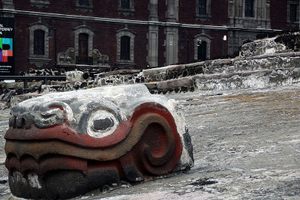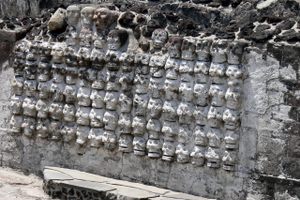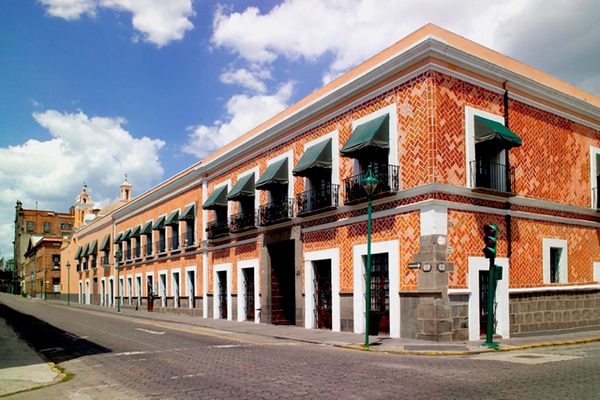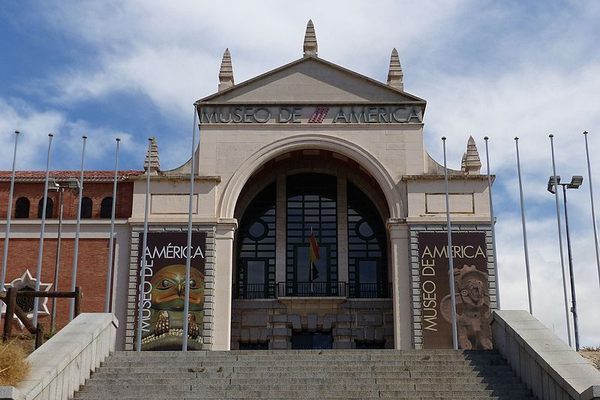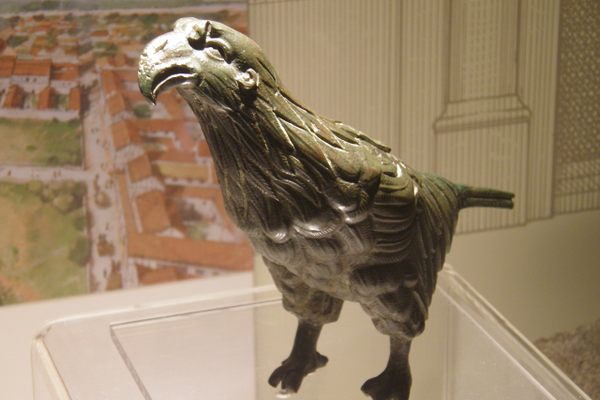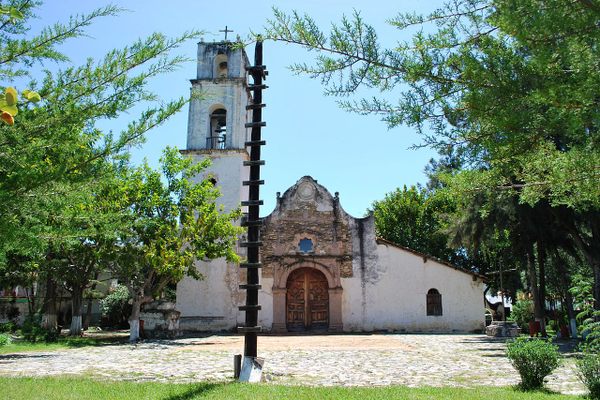About
According to the Aztec myth, when Huitzilopochtli, the god of sun, war, and human sacrifice, was born, he emerged from his mother Coatlicue’s womb ready to fight his siblings. This was because Coatlicue's daughter, Coyolxauhqui, believed her brother was the product of deception and decided to kill them both with the help of her 400 brothers. Huitzilopochtli was born and attacked his siblings, beheading his sister and throwing her body from a mountaintop. The remains of his brothers (the stars) and Coyolxauhqui (the moon) still shimmer in the night sky.
The Aztecs commemorated the defeat of Coyolxauhqui on a huge stone known as the Great Coyolxauhqui Stone. The Coyolxauhqui Stone is one of the more important pieces on display at the Templo Mayor Museum in the heart of Mexico City.
The stone was discovered in 1978 when electrical workers digging to install underground transformers in downtown Mexico City stumbled across the lost treasure. After the discovery and realization that this could be the Great Temple of the Aztec empire, the government allowed 13 buildings to be demolished so the Templo Mayor site could be excavated.
Since then, more discoveries have been made, and the main temple of the Aztec people is now a museum and UNESCO World Heritage site. In 2006, a large monolith of Tlaltecuhtli, the goddess who can give and devour life, was also unearthed from Templo Mayor. In addition to its impressive size, the monolith also retained its original colors since the conquest of Tenochtitlán.
Inside the museum, other exhibits showcase the skull wall of the temple, the head of the dog god Xolotl, the offerings of the center, and the only known sculpture of Huitzilopochtli. Also on display is a more modern artifact, the Nobel Peace Prize won by Rigoberta Menchu. It's on permanent display at the museum as a "vigil of peace."
Related Tags
Know Before You Go
The museum is open Tuesday through Sunday from 9:00 a.m. to 5:00 p.m.
Flavors of Oaxaca: Markets, Mezcal & Home-Cooked Meals
A Culinary and Cultural Journey Through Oaxaca.
Book NowPublished
March 25, 2019


















